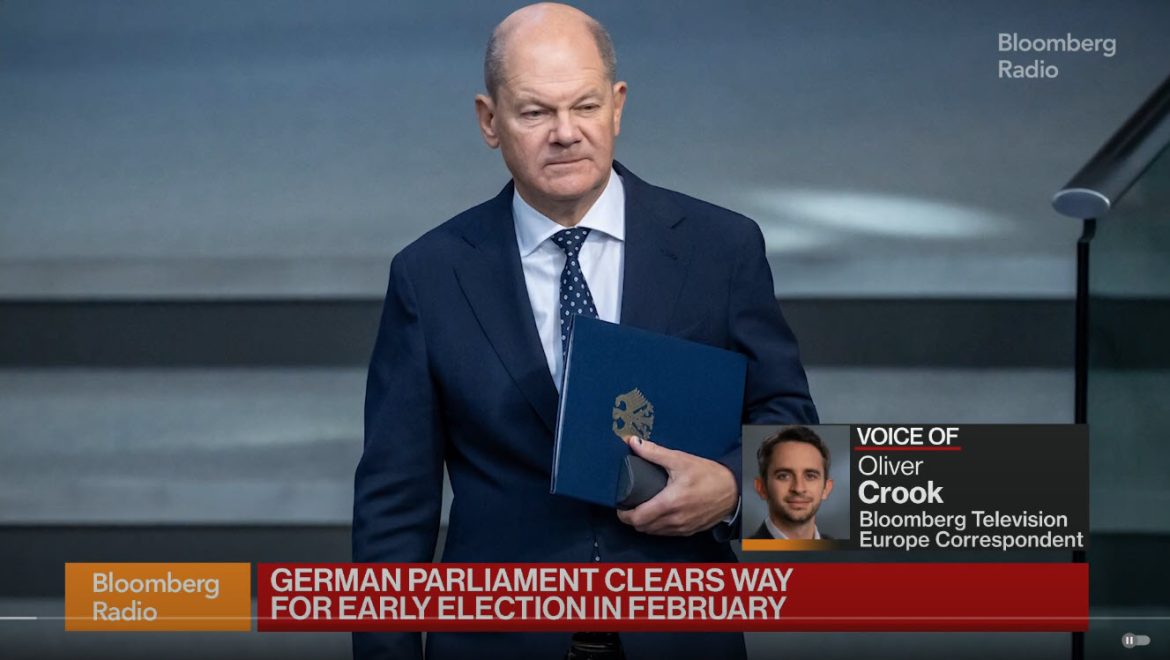Germany plunges into political uncertainty as Chancellor Olaf Scholz loses a critical vote of confidence in the Bundestag, effectively ending his tenure as head of government. The dramatic vote comes amid mounting tensions within Scholz’s coalition government, which has faced increasing criticism over its handling of economic challenges, energy policy, and foreign relations.
The vote, held earlier today, saw a narrow majority of lawmakers declare no confidence in Scholz’s leadership. The collapse of his coalition government—composed of the Social Democrats (SPD), the Greens, and the Free Democrats (FDP)—marks a significant turning point in German politics. The fragile alliance, formed after the 2021 elections, has struggled to maintain cohesion in the face of rising inflation, energy insecurity following the war in Ukraine, and divisions over climate policy.
The no-confidence vote underscores growing discontent among coalition members and opposition parties alike. Critics accuse Scholz of failing to address key issues such as soaring energy prices, economic stagnation, and strained relations with European Union partners. Dissent within the coalition has also been fueled by disagreements over Germany’s green energy transition and its reliance on natural gas imports, particularly in the wake of Russia’s invasion of Ukraine.
In the aftermath of the vote, President Frank-Walter Steinmeier is expected to meet with party leaders to explore options for forming a new government. These options include assembling a new coalition, appointing a caretaker government, or calling for snap elections. Analysts predict that the political gridlock could persist for weeks, leaving Europe’s largest economy without clear leadership during a critical time.
Opposition parties, including the center-right Christian Democratic Union (CDU), have called for fresh elections, arguing that Scholz’s government no longer represents the will of the German people. CDU leader Friedrich Merz accuses the outgoing government of “incompetence” and vows to restore stability if given the chance to lead.
Meanwhile, European leaders are watching the unfolding crisis with concern, given Germany’s pivotal role in the EU. The uncertainty surrounding its leadership could have far-reaching implications for Europe’s response to global challenges, including the ongoing war in Ukraine, energy security, and economic recovery from the COVID-19 pandemic.
Germany’s political turmoil also comes as far-right parties, such as the Alternative for Germany (AfD), gain traction in national polls. The AfD, known for its anti-immigration stance and euroskeptic policies, has capitalized on public frustration with the mainstream parties, further complicating efforts to form a stable government.
For many Germans, the loss of confidence in Scholz reflects broader dissatisfaction with the political establishment’s ability to address their concerns. Rising living costs, energy shortages, and environmental debates have dominated public discourse, leaving voters divided on the best path forward for the nation.
As Germany navigates this period of political instability, questions remain about the future of its leadership and the direction of its domestic and foreign policies. With the possibility of snap elections looming, the country faces an uncertain road ahead.



